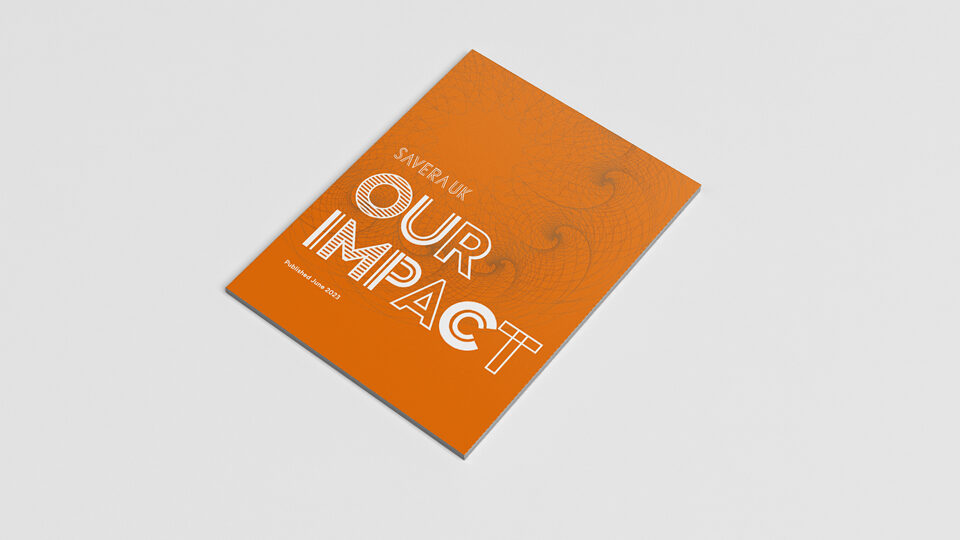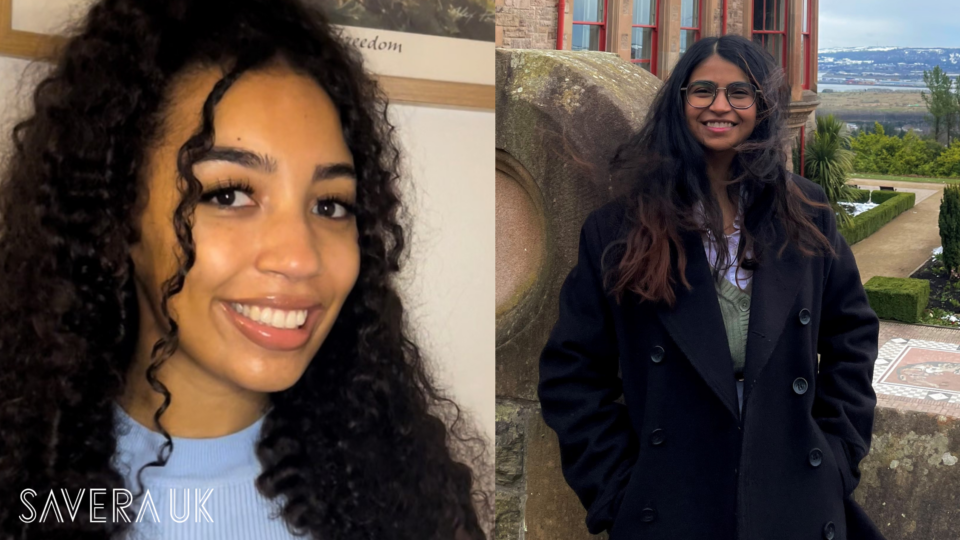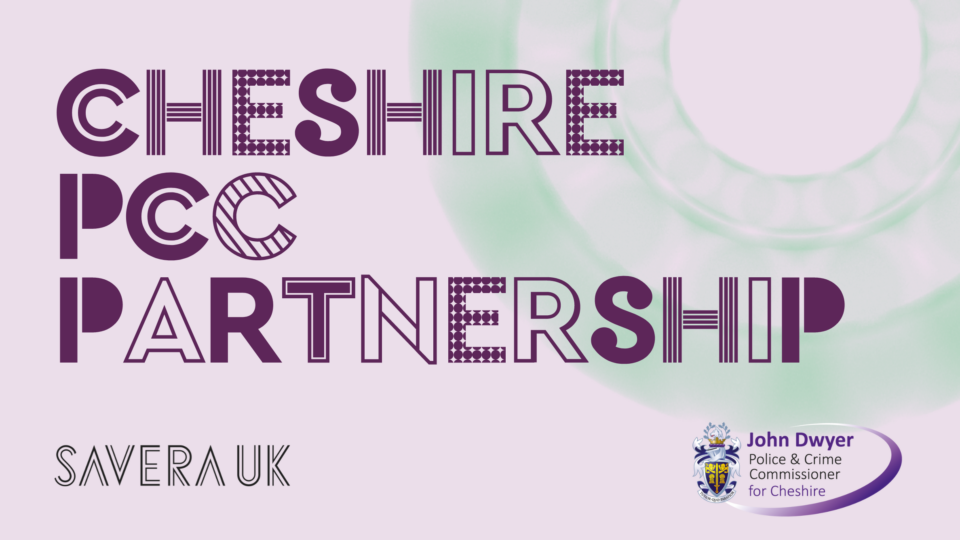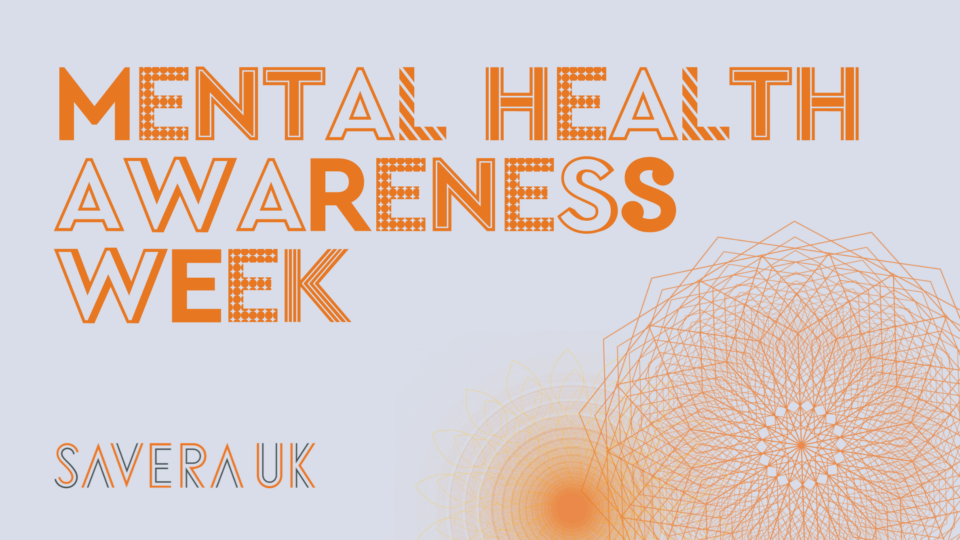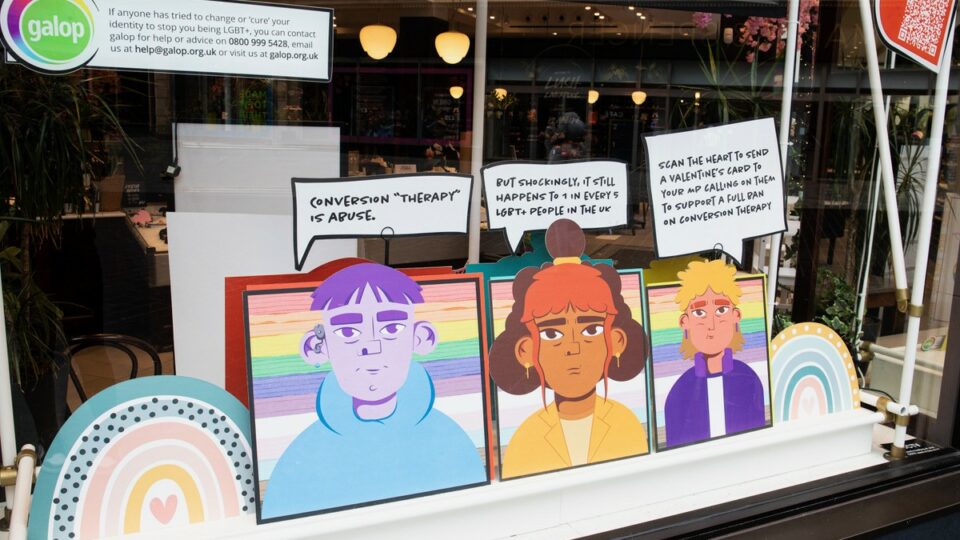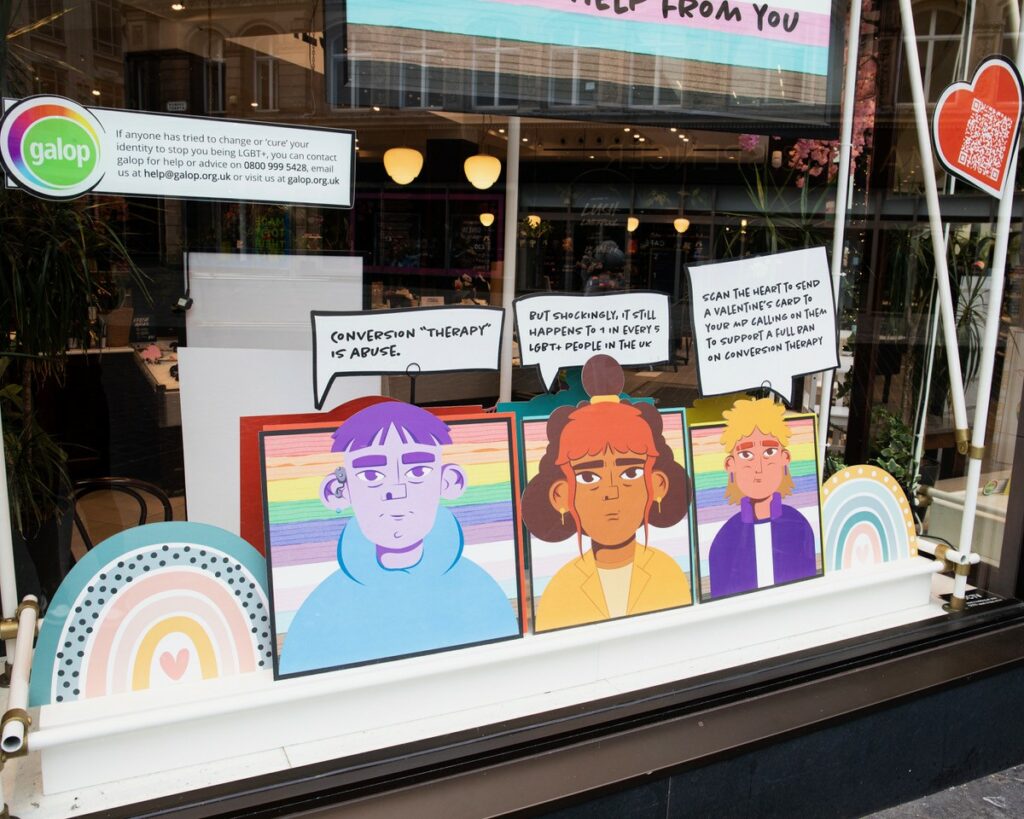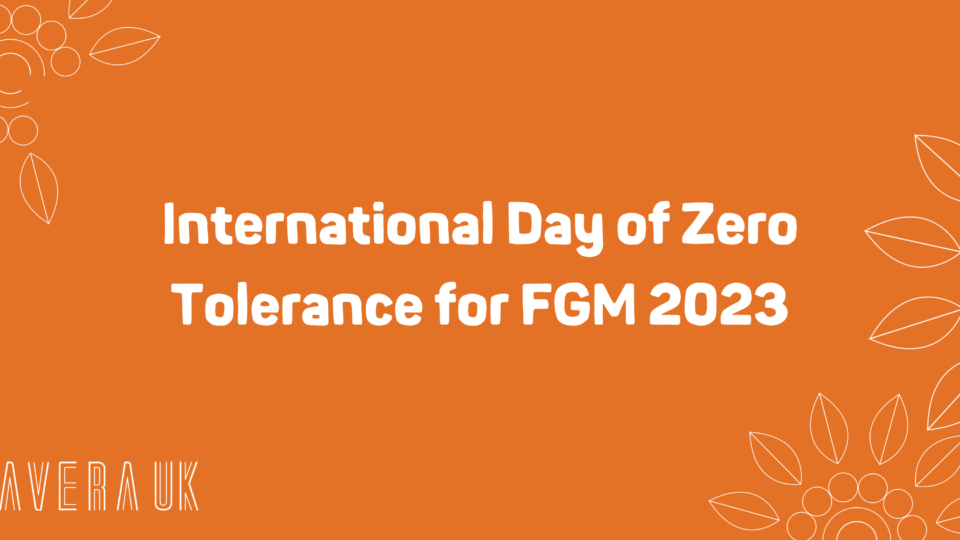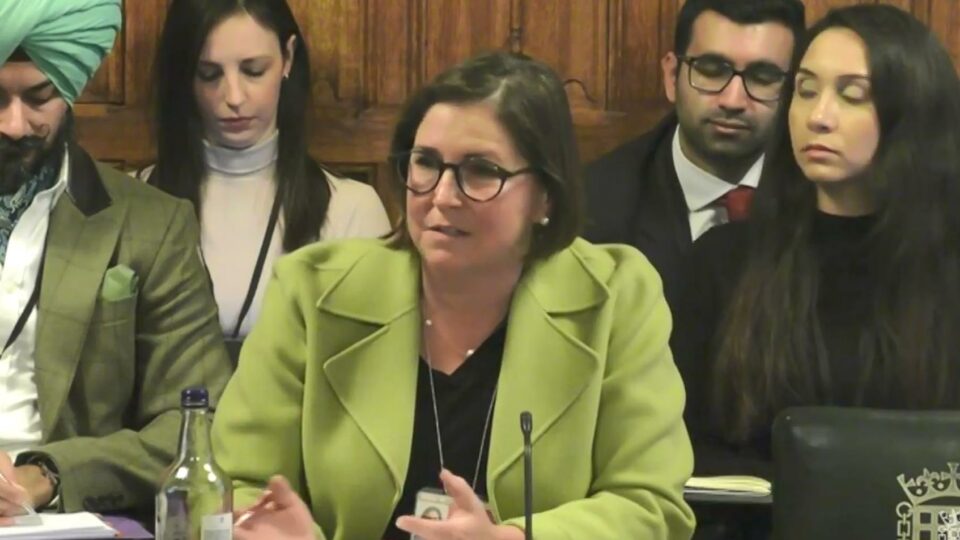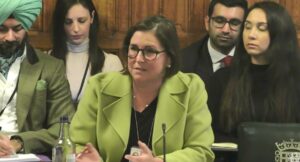On Wednesday 14th February 2024 a man and his family were jailed at Leeds Crown Court after his wife, Ambreen Fatima Sheikh, 39, was ‘forced or tricked’ into taking anti-diabetes medication and doused in a corrosive substance leaving her in a vegetative state from which she has no prospect of recovery.
Ambreen was brought to the UK from Pakistan in 2014, at the age of 29, after her marriage to Asgar Sheikh which took place in her home country.
After arriving at the Sheikh family’s Huddersfield home, the court was told that Ambreen did not leave the house often, and almost never unsupervised. She did not speak much English, have an independent income, or friends or family who lived in the UK.
The court also heard that the family was unsatisfied with her work in the house, and Khalid Sheikh had suggested she should be sent back to Pakistan.
Concerns were raised about her wellbeing in July 2015 when extended family members visited and were told Ambreen was not in or was not able to see them. They reported their concerns to police and a welfare check was carried out.
Police concluded at the time that: “Ambreen appeared to be well.”
However, the judge said in court: “She spoke little English and no real conversation took place and her father-in-law was outside the door. I find she wouldn’t have been able to express any concerns she had.”
Savera UK CEO and founder, Afrah Qassim, said: “We recognise this case as one that is clearly underpinned by ‘honour’ and a vibrant young woman not meeting the expected ‘norms’ of her husband and in-laws.
“I have read media reports saying that Ambreen’s ‘fate was sealed’ when she was ‘promised’ to the Sheikh family. However, I do not believe that Ambreen’s fate was sealed by her marriage. Her story was completely avoidable.
“Her life has been snatched away not just by the abuse from her husband and in-laws, but also through opportunities missed by police to help her.
“When concerns were raised, their welfare check took place in the Sheikh family home, with her father-in-law outside. She spoke little English. How could she possibly be able to express her worries and concerns safely?
“This case – like that of Raneem Oudeh and Khaola Saleem – continues to highlight a shocking lack of knowledge amongst police forces about the issue of ‘honour’-based abuse (HBA), recognising it and responding appropriately.
“There is often only one chance to help someone at risk of HBA, which is why we always advocate for the One Chance Rule. In Ambreen’s case this chance was tragically missed.
“In cases such as Ambreen’s, police and professionals should ensure that independent interpreters are present, and that the check takes place outside the family home and away from other family and community members, and everything possible should be done to keep the individual safe.
“Remembering the simple rules laid out in the One Chance Rule can save lives and protect people from harm. How many more people like Raneem, Khaola and Ambreen do we need to see let down by the systems that should protect them, before the issue of HBA and harmful practices is given the attention and resources that it desperately needs?”
Khalid, Asgar, Shagufa and Shabnam Sheikh were found guilty of causing or allowing a vulnerable adult to suffer serious physical harm, a sentence which carried a maximum tariff of 10 years, but has since been increased to 14 years.
Shagufa, Shabnam and Asgar Sheikh were also found guilty of an act intending to pervert the course of justice. All five defendants were found guilt of conspiracy to pervert the course of justice.
Her husband Asgar Sheikh, 31, and his parents Khalid Sheikh, 55, and Shabnam Sheikh, 53, were jailed for seven years and nine months. Asgar Sheikh’s brother, Sakalayne Sheikh, 25, was given a six-month sentence, suspended for two years, and his sister, Shagufa Sheikh, 29, was given an 18-month sentence, also suspended for two years.
Afrah continued: “While we are pleased that Ambreen’s abusers have been brought to justice, seven years is not sufficient for what she suffered. In Pakistan she was a teacher and in good health. She was described by those who knew her as ‘intelligent, bright and ambitious and someone who would light up the room’ – she should now be living a full, safe and happy life.
“After being poisoned, doctors expected Ambreen to die, but she started breathing on her own. She was a woman with dreams and ambitions that she should be fulfilling today, someone who wanted to live, instead of lying unconscious. Our thoughts are with Ambreen and those who love her and hope that the sentencing brings some peace.”
Image credit: West Yorkshire Police


